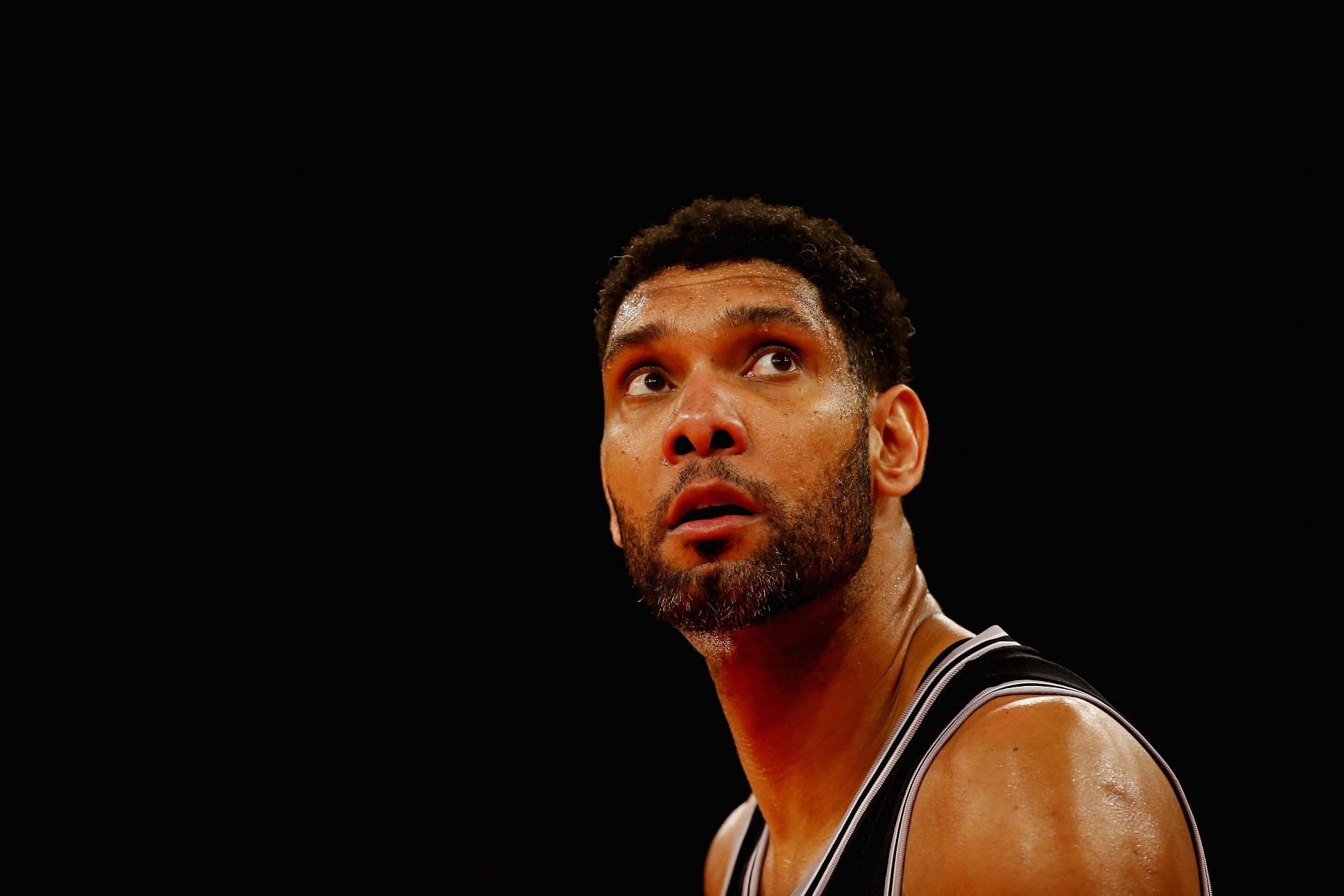SLN HALL OF FAME PROFILE: Tim Duncan
Posted: June 2nd, 2025, 10:27 am
Tim Duncan

When Tim Duncan entered the SLN in 1997, the basketball world expected immediate greatness. As the first overall pick in the leagues first prospect draft, the Big Fundamental was supposed to anchor championship teams from day one - specifically the Bullets. Instead, Duncan's career became one of the league's most fascinating tales of perseverance, excellence without hardware, and the cruel reality that individual brilliance doesn't always translate to team success.
Duncan's early struggles with ball security - averaging 1.8 turnovers per game throughout his career - initially masked what would become one of the most dominant big man performances in SLN history that includes being atop the all-time rebounder list. After bouncing from Washington to Memphis in 2003, then journeying through Cleveland, Toronto, Sacramento, and Miami, Duncan never found organizational stability - yet everywhere he went, his impact was undeniable.
Duncan’s numbers paint him a player who defined what it meant to control the paint. Duncan's 12.8 rebounds per game across 1,536 games represents a level of board dominance rarely seen in the modern SLN era. In 13 of his 19 seasons, he hauled in more than 12 rebounds per game - the type of consistency that speaks volumes of his relentless motor and positioning on the glass. Add his 2.8 blocks per game, and Duncan became the rare player who single-handedly altered offensive game plans.
His defensive accolades validated the eye test: 7x All-Defense selections and 2x Defensive Player of the Year awards (1999, 2005) for a player who anchored every defense for every team he played on. Duncan's ability to protect the rim while cleaning the glass made him invaluable, even as his offensive efficiency - 44.9% field goal percentage - suggested a player more focused on the dirty work than spectacular "go-to" scoring.
Somewhere along the way a great debate emerged - Duncan v Diop. GM's were asking "do you even want a big who shoots a lot?" And GMs had a point. The thought was anytime a bigman took a shot is a shot that the teams best shooters, likely your guards or wings, didn't take. Duncan shot it 45% for his career, which would be quite below-average for a guard or wing of similar stature but at the same time, Duncan is potentially getting the opposing bigman into foul trouble. It is tough to parse - how many of these shots actually get stripped from the teams best shooters versus a putback from a previously missed shot? Many teams GMs preferred the Diop archetype - one that almost never shot, but did all the nitty gritty bigman things you want, like rebounding, stocks, and low turnovers. Ashes seemed to squash the debate when asked who was better in a nutshell and Sim God emphatically said Duncan. But basketball is not an individual sport, it is a team sport and thus the debate lives on.
The cruel irony of Duncan's SLN career remains his zero championships despite being recognized as one of the greatest big men to ever play Sim Ball. His two All-League First Team selections (1999, 2002) came during peak years when his all-around excellence was impossible to ignore, yet the supporting cast never materialized. Duncan's legacy is a reminder that even the most fundamentally sound player needs the right pieces around him. Celtics GM Joe put it into perspective - Duncan is "at the top of too many all time lists for this to be a no, easy yes from me. kinda like real life Karl Malone or Elgin Baylor. Or a better comp might be if Brett Favre retired never having won a superbowl - not without his warts, but he'd still be HOF no question."
Tim Duncan enters the SLN Hall of Fame as one of SLN's greatest "what if's" - a player whose statistical dominance and defensive impact deserved championship hardware but never came. His 19-year journey through six different organizations tells the story of a player who remained excellent while somehow also being a journeyman. The Big Fundamental's legacy isn't diminished by the absence of rings, rather, it's defined by proving that greatness can exist independent of the ultimate team success - a championship.
Career stats: 1536 games played / 33.1 mpg / 8954 fga / 19953 fgm / .449 fg% / 6500 fta / 9552 ftm / .680 ft% / 12.8 rpg / 0.7 spg / 2.8 bpg / 1.8 TOs / 71 DQs / 15.9 ppg